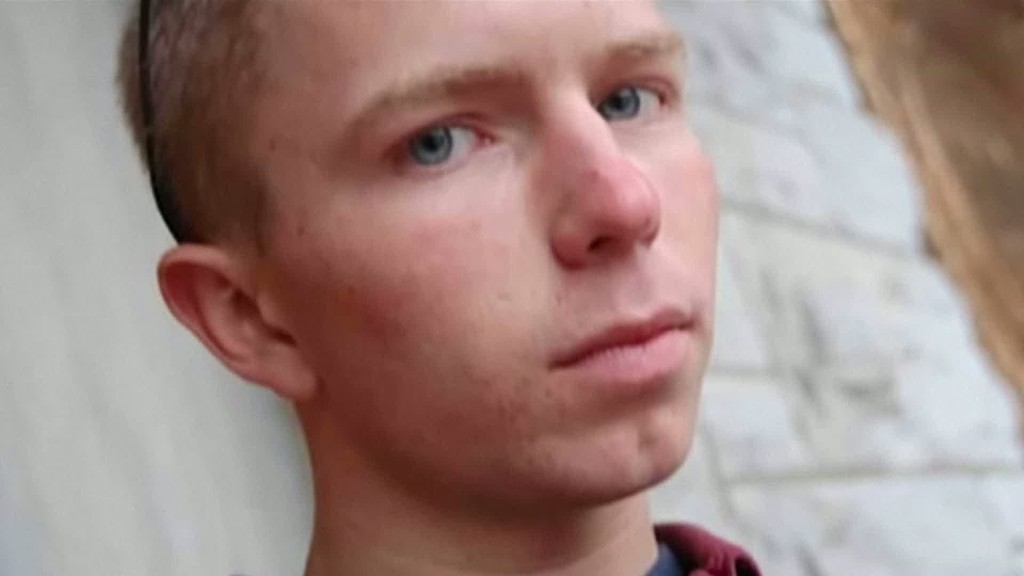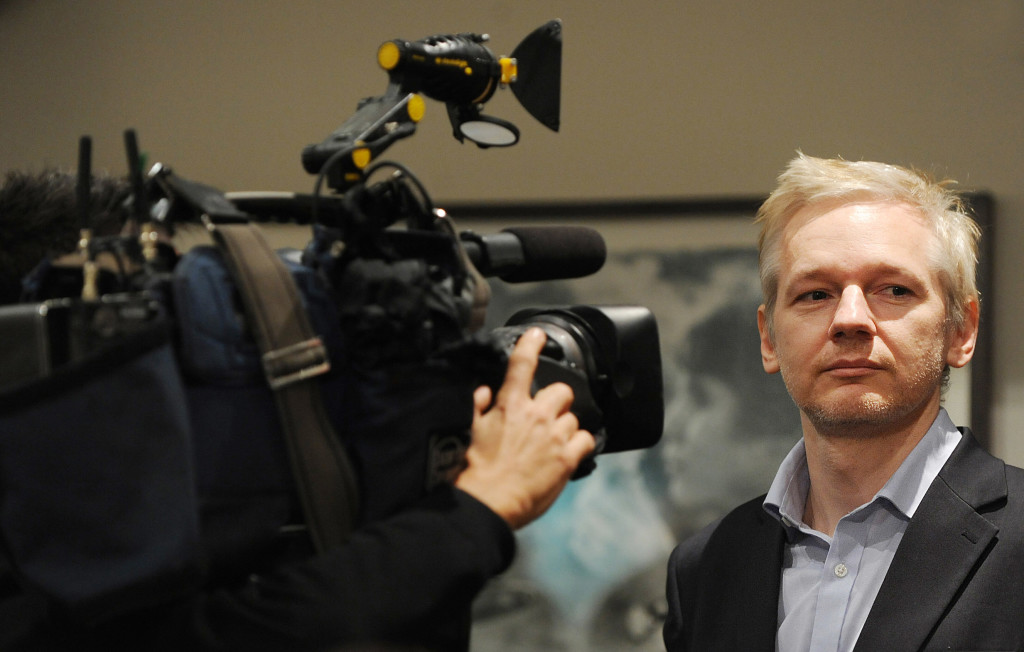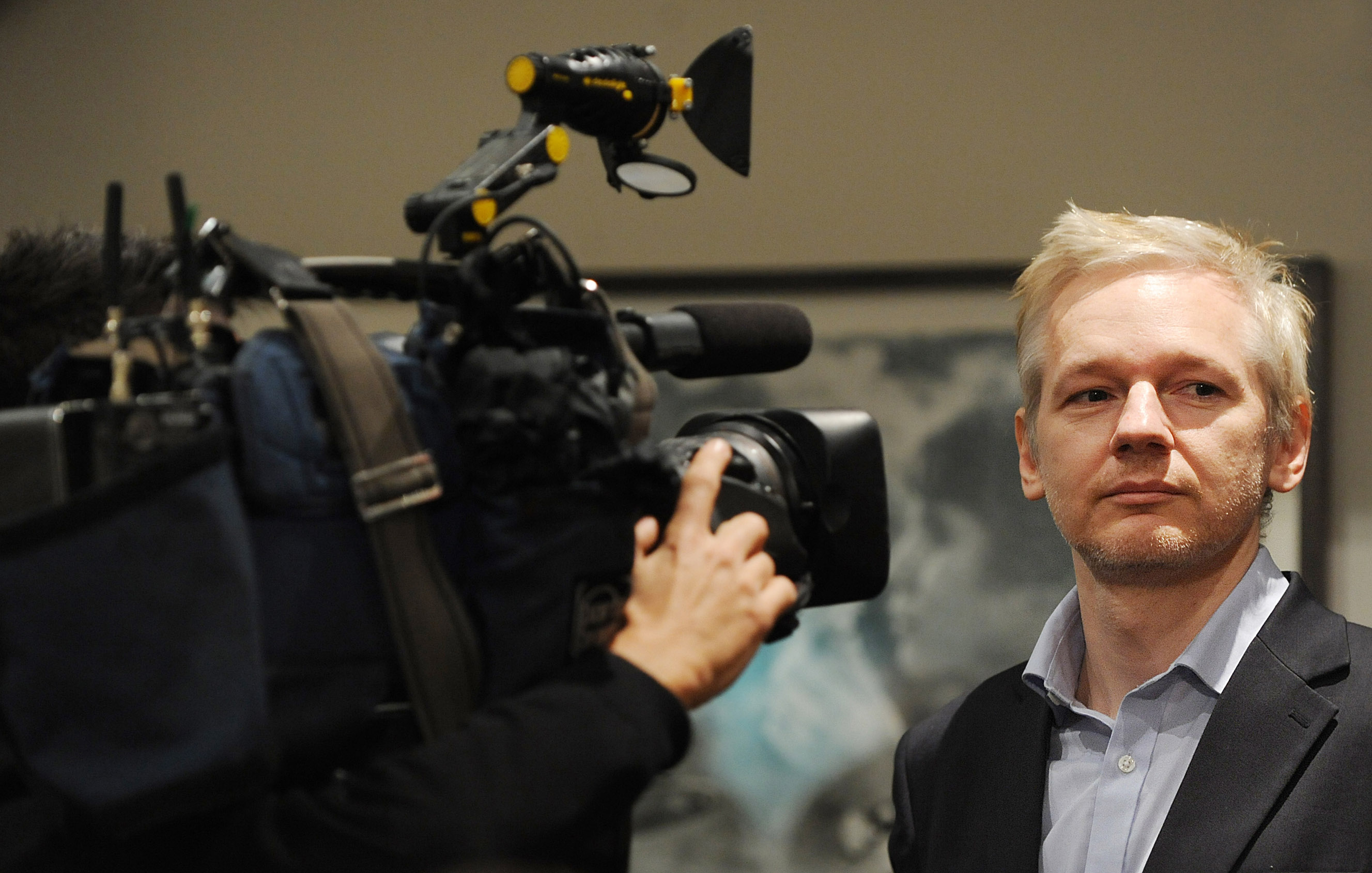Hints of Bradley Manning’s Trial Strategy Emerge

December 2, 2011
Share
Bradley Manning, accused of leaking thousands of classified U.S. government documents to the whistleblowing website WikiLeaks, has been locked up since May 10, 2010, following his arrest in Iraq. He’ll be making his first public appearance at a pretrial hearing on Dec. 16, and we’re starting to get a glimpse at what his lawyer’s strategy might be when he’s finally put on trial.
Manning is charged with 22 counts, including unlawful possession of classified material and aiding the enemy, and faces the potential of life in prison.
Wired‘s Kim Zetter, who was featured in our recent film WikiSecrets, writes that recent requests for government documents by Manning’s defense lawyer, David E. Coombs, indicate three potential approaches: attacking the government’s claim that the leaked files irreparably damaged national security; focusing on potential mistreatment of Manning during his imprisonments in Quantico, Va., and at Ft. Leavenworth, Kan.; and digging into the credibility of ex-hacker Adrian Lamo, who tipped off the Pentagon to Manning.
Coombs claims the government is stonewalling him by not providing documents he says reveal contradictory information. Zetter writes:
The evidence Coombs seeks includes copies of internal reports conducted by task forces assessing the damage from and the classification levels of the 250,000 State Department diplomatic cables and 500,000 classified Iraq and Afghanistan war field reports allegedly leaked by Manning to WikiLeaks.
Published information about the various reports put them at odds with each other, Coombs notes. One assessment conducted by the Defense Intelligence Agency concluded that all of the information allegedly leaked was dated, represented low-level opinions, or was already commonly known due to previous public disclosures, while an official at another government office indicated that the leaks had caused damage to national security.
As for Lamo, he’s a controversial figure in the hacker community who tipped off authorities after he says Manning contacted him to discuss the leaks via email and instant message. Lamo also sent the chat logs of his conversations to Wired‘s Kevin Poulson. Lamo and Manning had allegedly never met or spoken prior to these online discussions.
Now chastised by many of his former peers for being a “snitch” (among other colorful descriptions), Lamo told FRONTLINE that Manning placed him in an almost impossible predicament:
I felt and still feel that I had the choice between human harm to Bradley Manning or the potential of human harm to individuals named in documents that he had leaked and would leak, and to efforts to protect national security currently and in the future.
And there was no correct option. There was only the least incorrect one. Either way I would have been screwing somebody over, and I had to pick who. There was no option to just sit back and wash my hands of the responsibility, because that in and of itself would have been making a choice.
Zetter notes that Coombs’ filing seeks “known evidence tending to diminish credibility of any government witness including, but not limited to, prior convictions under Military Rule of Evidence (M.R.E.) 609, evidence of other character, conduct, or bias bearing on witness credibility under M.R.E. 608. Specifically, the defense requests the name and contact information for any law enforcement agent working with —.”
She posits that this could refer to Lamo.
As for the argument that Manning was mistreated while in custody, Coombs is petitioning for a video that he says shows his client being forced to give up his clothes at Quantico, as well as other surveillance video taken at Quantico and Ft. Leavenworth.
For background, watch our film WikiSecrets, which delves deep into Bradley Manning’s life story and alleged leaking, as well as more on WikiLeaks and its founder, Julian Assange.
Assange, who is facing potential extradition to Sweden over sexual assault allegations, yesterday announced a new project, “The SpyFiles,” which is self-described as “a database of hundreds of documents from as many as 160 intelligence contractors in the mass surveillance industry.” [WikiLeaks critics note that many of the same files were exposed in a Wall Street Journal article last month.] In October, Assange postponed WikiLeaks’ regular operations in favor of fundraising, claiming that a banking blockade is preventing his organization from receiving donations.
Update [Dec. 5, 2011]: On Saturday, Bradley Manning’s attorney released a list [PDF] of requested witnesses for this month’s pretrial hearing. Though the names of these potential witnesses are redacted, Politico reports that President Barack Obama and Secretary of State Hillary Clinton are included.
Related Documentaries
Latest Documentaries
Related Stories
Related Stories
Explore
Policies
Teacher Center
Funding for FRONTLINE is provided through the support of PBS viewers and by the Corporation for Public Broadcasting, with major support from Ford Foundation. Additional funding is provided the Abrams Foundation, Park Foundation, John D. and Catherine T. MacArthur Foundation, Heising-Simons Foundation, and the FRONTLINE Trust, with major support from Jon and Jo Ann Hagler on behalf of the Jon L. Hagler Foundation, and additional support from Koo and Patricia Yuen. FRONTLINE is a registered trademark of WGBH Educational Foundation. Web Site Copyright ©1995-2025 WGBH Educational Foundation. PBS is a 501(c)(3) not-for-profit organization.





















